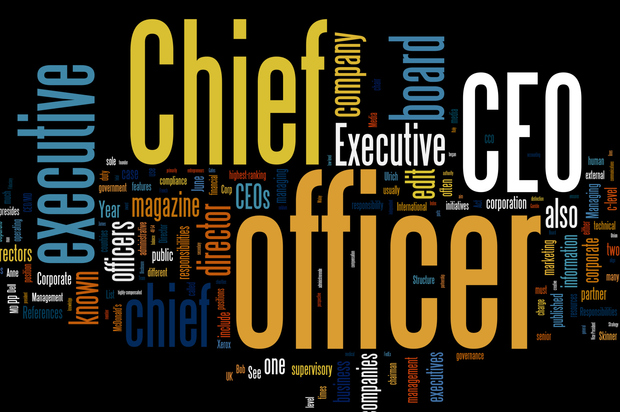Stagger on the Bridge
As we balance the point between global crisis and total chaos – and we can make the leap into chaos at any time – it’s time to explore the difference between the two.
It is also time to talk about how the rules for dealing with chaos are fundamentally different from those for crisis response. Because if we stick to the crisis management rules to deal with chaos, it will be just as ineffective as if we treat coronavirus like we treat colds.
Chaos defined
Chaos is defined as “a state of extreme confusion and disorder …
The word chaos is derived from a Greek word meaning’ gap ‘or’ emptiness’ and also refers to the formless state of matter before the cosmos was created. In math and science, chaos describes a system that will develop in vastly different ways with only minor changes in initial conditions… ”
Sounds familiar?
In the chaos, all bets are out, all-natural order rules (except maybe at the subatomic level) are out too. Compasses fail. Up is down, down is up and it is almost impossible to distinguish between air and ground. In contrast to the crisis, the very concept of chaos “management” is an oxymoron. By its nature, chaos cannot be managed; it is ungovernable.
Crisis defined
Crisis, on the other hand, even a global crisis like our COVID-19 pandemic, maintains causality and logic: if you do x, y is likely to follow. Lightning strike, so your house is burning; but you can extinguish the fire by calling the fire brigade and applying water or fire retardant. Someone gets sick, you test them immediately to see if they have COVID-19. If they do, isolate them from the general population, or take them to a hospital with adequate fans, protect health workers with adequate equipment, and delay the pandemic escalation. You don’t do these things, the pandemic worsens. Causality.
So, the crisis also maintains the hope of freedom of choice – if we can follow the rules and strategies of crisis management, if we can have a crisis plan ready, and if a crisis team is already there, we have the power to change our destiny.
This rule includes seeing clearly, quickly accepting reality, conducting thorough research, getting out early and introducing new policies, and leading wisely and boldly. If we can implement them, we can most likely change the outcome of a crisis or at least change its trajectory. There is hope and our leadership can improve the situation.
Leadership works in crises
Even “black swans” or unpredictable crises can still be reduced by quick, sensible and coordinated action. We can be agile, flexible, innovative, invincible and sharp. And these qualities have power. They can have an effect.
Leadership doesn’t work well in chaos
But once we descend into chaos, this is no longer true. Causality is lost in chaos, strategy and leadership no longer work and we remain powerless.
And that’s where we are almost now. So many different black swan crises (pandemic, financial crisis, massive layoffs, rising unemployment, unreliable leaders, misinformation everywhere) collide and clump together into a sticky, indistinguishable mass. It is no longer so clear how to fix it all. With leadership at the national level as good as abandoned, crisis management rules being ignored, and misinformation being spread everywhere, it is no longer a certainty that even if we could find logical solutions now, they would work.
So, what works in chaos?
First of all, of course, try to avoid reaching the tipping point. A few business leaders step into the void to not only lead their own organizations but also expand their leadership to the country and the world. This is a glimmer of hope.
But if and when all external compasses no longer point in a reliable direction, our own moral compass must guide us. And this applies to organizations as well as individuals.
The True North becomes a sense of integrity, morality, courage, and humanity. This beacon values kindness and compassion and rejects narcissism, sales transactions, drama, liars and cowardice. It puts people first without destroying the systems and companies that have always supported us and will do so again
When we fall into chaos, these are the qualities that can lead us out. And it will be critical to evaluate all our decisions – both micro and macro, both business and individual – in their light.



